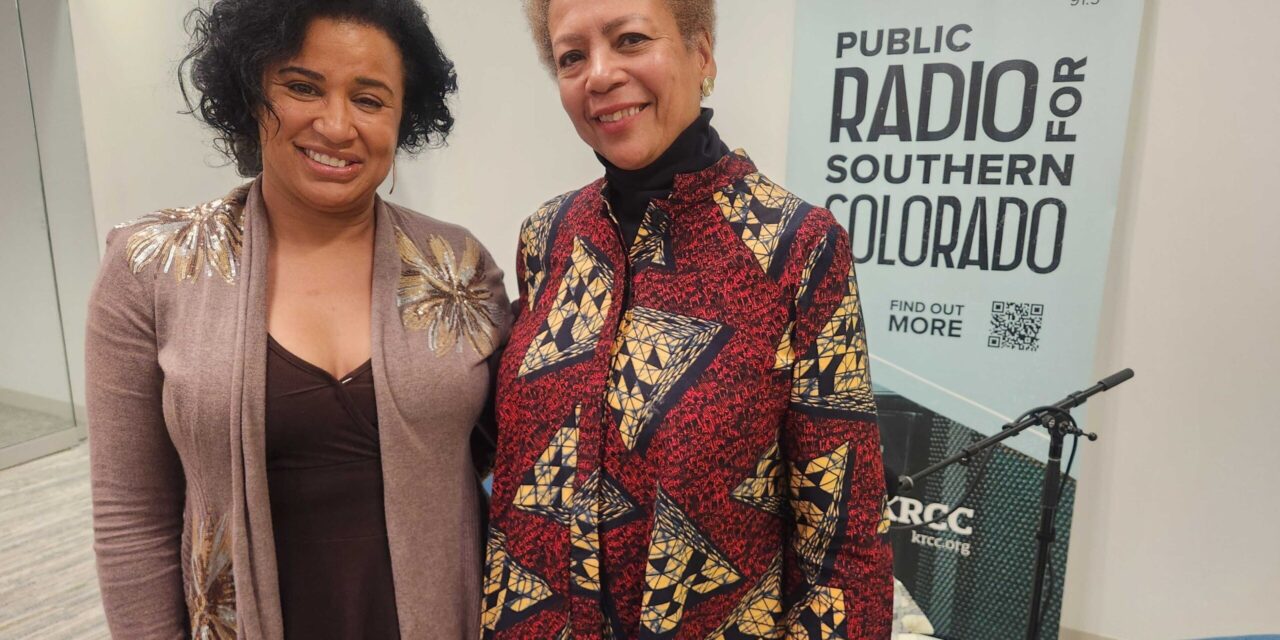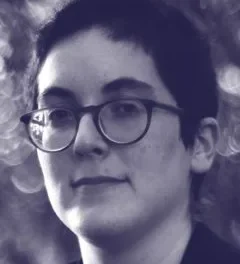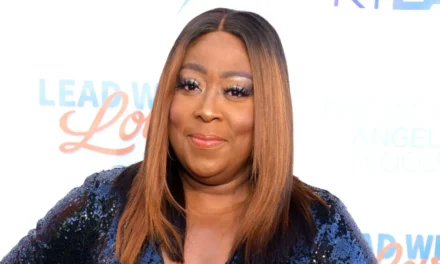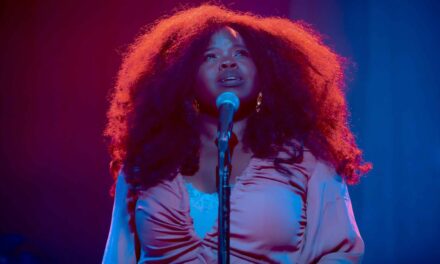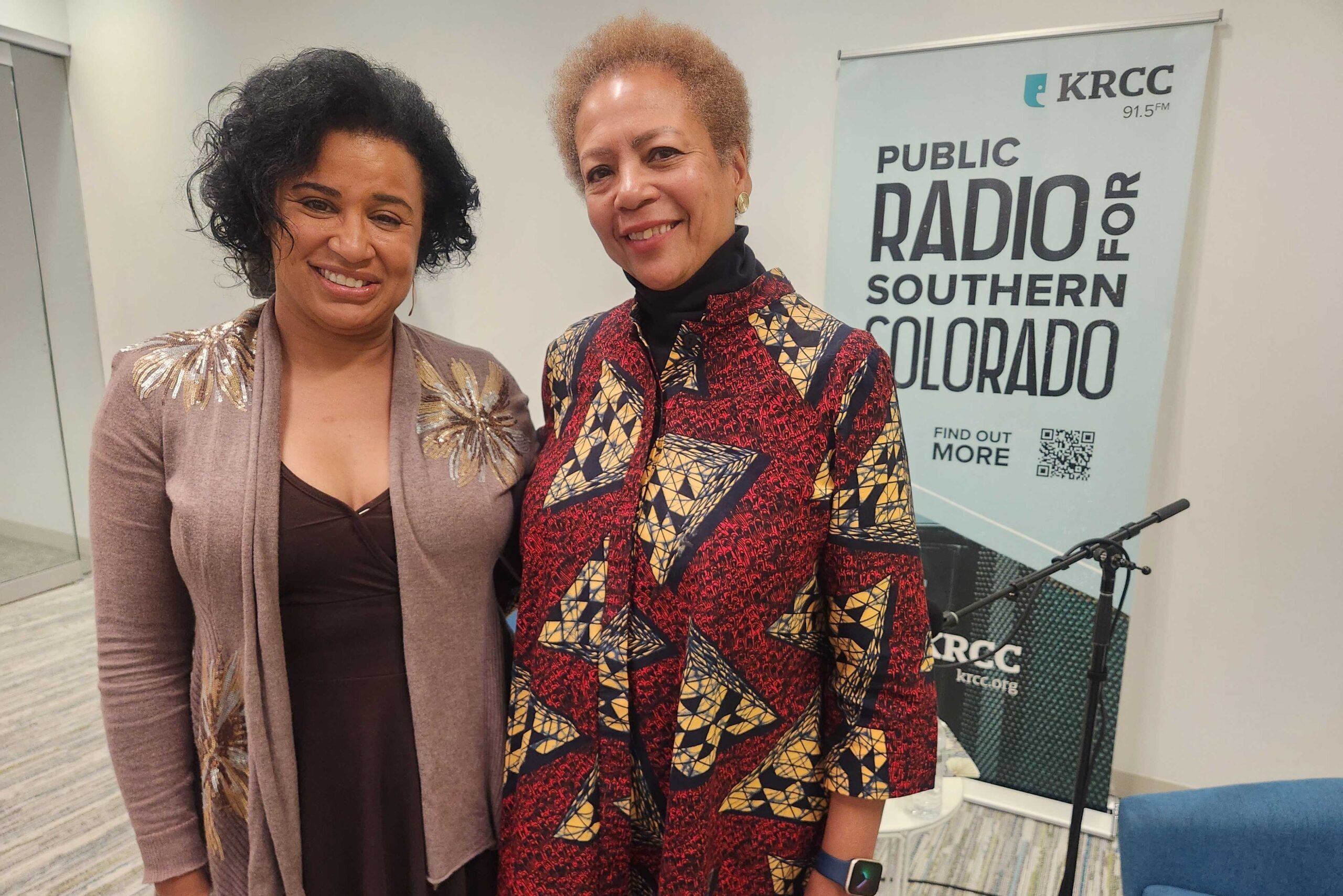
So I loved seeing how they were expanding by, for example, focusing on the people who worked in that house, the people who kept the kitchen going, the people who did the sweeping, because they’re very much part of Colorado history and not just the mistresses of the house.”
“I think that a lot of people aren’t aware that there are state historians, and I think if they are aware, they might have the image that I had that it’s the ultimate authority on all things Colorado, which I’m not. But that’s one of the things that I’m really loving about the job is how much I am learning and how much I’m able to connect various threads. I’ve lived in Colorado now for about 40 years, but it’s an opportunity to connect a lot of threads and see my own experience as a Black person in Colorado in a broader context.”
On what she brings to the role of state historian:
“Well, I think first of all, I bring a perspective, an interdisciplinary perspective that’s quite broad — not just national, but international. So I do a lot of work in the Black Atlantic, which involves Europe, the United States, the Caribbean, and West Africa. So, I think even just having that broader space, looking at Colorado in the context of the world is something I bring to it. And then just questions. I think the questions that I have are perhaps different than what traditional state historians might have. And I think I’m so committed to the idea that history is important, that an understanding of history is important for everyone, every citizen, every child, just because it’s a way of knowing ourselves collectively. And I think how important history as a discipline is has been exemplified by the recent debates about history curricula, about what should be taught, what shouldn’t, who counts, who doesn’t, when you’re talking about national or regional history. And so I feel that the stakes are high … and I feel even more committed. I feel very much a sense of urgency, especially as I see histories misrepresented or dismissed or silenced.
On her priorities as the state historian:
“I see my role at History Colorado as supporting the mission of including more stories, more perspectives. I’m certainly African-American, but also indigenous Latino and I say that History Colorado in recent years has done a wonderful job doing that, expanding what we think of as Colorado history. And so some specific things that I want to be involved in, the first is that History Colorado has gotten a History preservation grant from the National Park Service that’s focused on finding sites, buildings, spaces that represent important things about the history of underrepresented people and peoples in Colorado. And so the aim of the grant activity is to identify these sites. And, in Colorado Springs, they’re trying to apply for both state and national historic registry designations. There’s been a study done that I just got about 10 days ago that I need to read that identified several potential sites that I totally wasn’t aware of but are significant to Black Colorado history right here in Colorado Springs. But they’re doing this throughout the state.”
“I’m also super excited about the ‘American 250 – Colorado 150’ celebrations that are coming up. They’re just in the beginning stages. It’s identifying, celebrating, and spreading knowledge about the historical contributions and significant events in people’s for Colorado, but also for the nation. So the 250 is the 250th anniversary of the Declaration of Independence, and, of course we being the Centennial State, it’s the 150th birthday of our being a state. And so there’s a main commission that’s based in Denver that oversees regional activities. I think they’re perhaps six or seven different regions, the Pikes Peak region is one of them, that will be, again, identifying, celebrating, acknowledging, because we all know there are a lot of aspects of history that are pretty traumatizing and not something you would celebrate. But you can celebrate the endurance of the people who were involved with it or the foresight or the community’s response to identified wrong. So that includes not just African-Americans, but Indigenous, of course, Latino, the Asian diaspora … also LGBTQ+ people. So it’s really, again, consistent with History Colorado’s commitment to expanding our sense of Colorado history and our sense of ourselves as Coloradoans. I’m really excited to be involved in the local 150 250 to figure out what are we going to do.”
On searching for truths about the past compared to finding meaning in the present through history:
I think they’re part of the same project. I think the questions that we ask of our past are always rooted in our concerns, anxieties, emotions of the present. And so our connection to the past is always tethered in our presence, both individual and collective.

